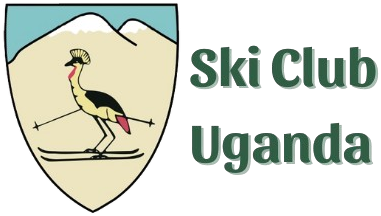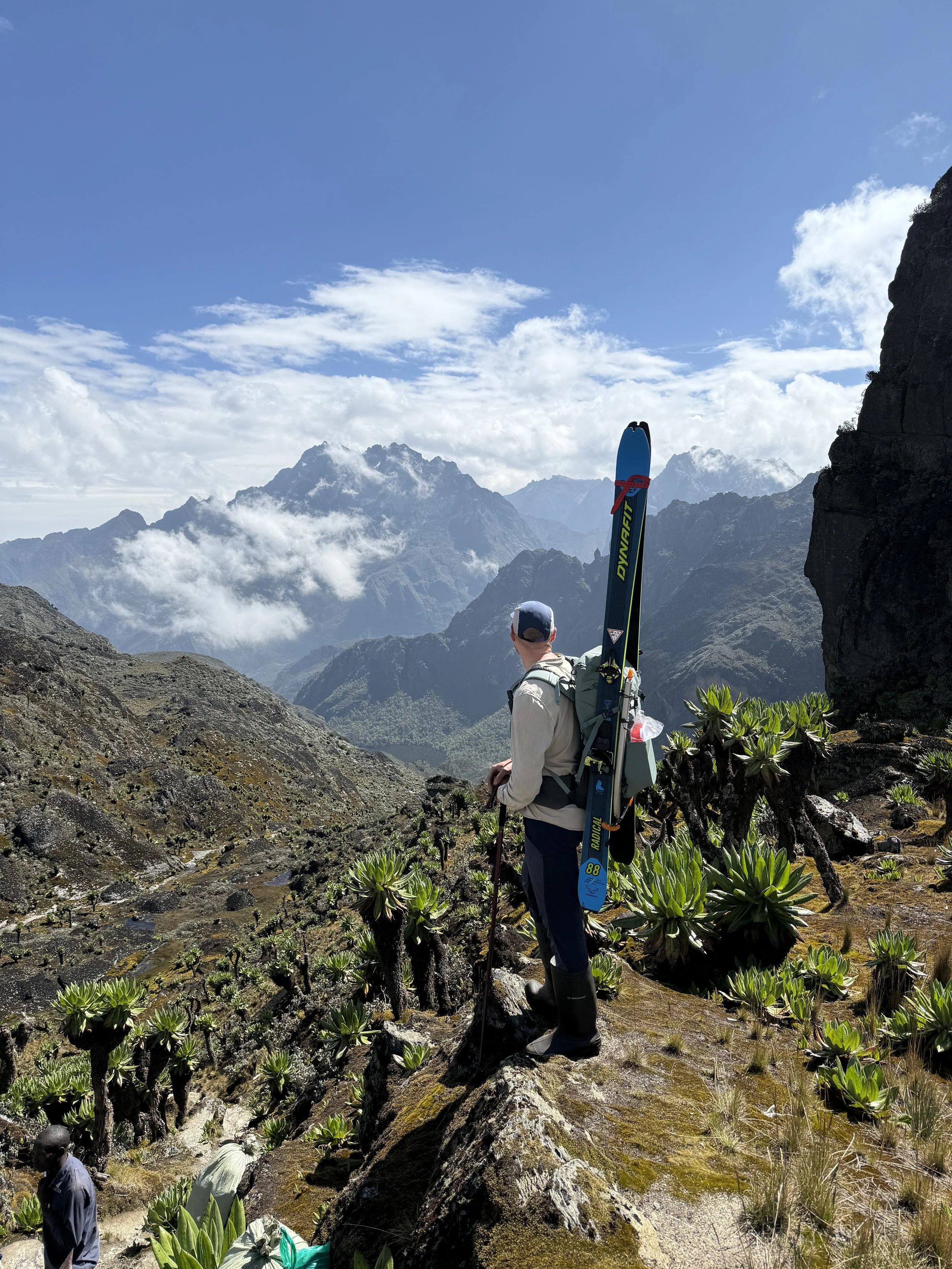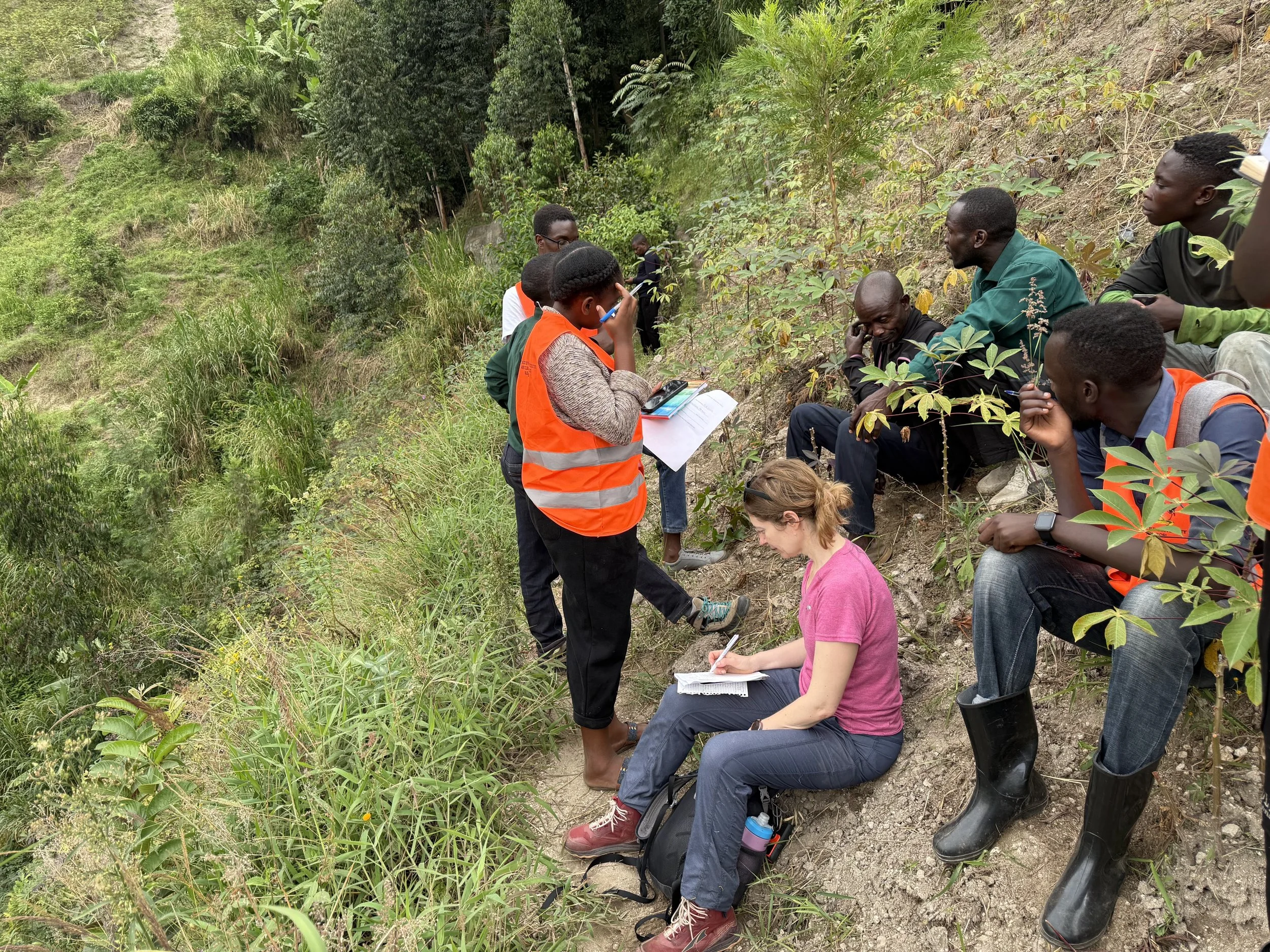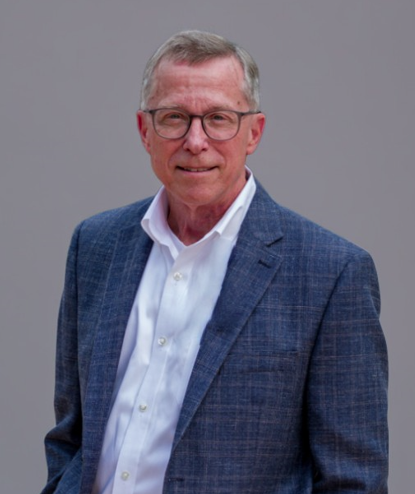From Legend to Legacy:
Ski Club Uganda and
the Rwenzori Adventure
History of Ski Club Uganda
Ski Club Uganda was born out of a playful adventure and the humor of a British officer named Andrew Stuart. Inspired by a joke in the 1940s, Stuart—who founded the original "Ski Club Uganda"—welcomed anyone who skied Mt. Rwenzori to join. In 1955, while on a reconnaissance mission in the Rwenzori Mountains, Stuart and his companions decided to ski down a glacier for fun. He later wrote a humorous article about this experience for the Uganda Argus, which was picked up by the New York Herald under the title “Ski Championships at the Equator.” Proud of their impromptu adventure, Stuart retroactively founded Ski Club Uganda to commemorate the event.
The club remained largely a legend until fifty years later, when a Swiss adventurer named Dominic Richard discovered the story and decided to turn the legend into reality by creating a real community and platform. Tracking down Stuart, now a retired officer, Dominic found him delighted that snow sports were still being pursued in the Rwenzori. Stuart even approved the inclusion of snowboarders in the club. Today, Ski Club Uganda continues to celebrate the spirit of adventure and the unique experience of skiing in one of Africa’s most extraordinary mountain ranges, with a mission to celebrate this unique history, connect adventurers with local guiding companies, and use the club as a force for positive environmental and community impact.
Story of the Rwenzoris
The Rwenzori Mountains, often called the “Mountains of the Moon,” are a UNESCO World Heritage Site renowned for their extraordinary biodiversity and dramatic landscapes. Spanning five distinct ecological zones—from lush grasslands and montane forests to bamboo, heather, and afro-alpine regions—these mountains serve as a crossroads for African mountain species and are home to numerous endemic plants and animals.
Once, the Rwenzori glaciers were a vital water source for surrounding communities, but today they are rapidly melting, contributing only about 2% of local floodwaters, with predictions that the glaciers could vanish entirely by 2030.
This environmental change has profound local impacts: the region attracts fewer tourists compared to Mount Kilimanjaro, and the loss of glaciers threatens both income and environmental stability.
As deforestation for agriculture increases, the area faces more frequent mudslides and a hotter, dustier climate, further endangering the livelihoods and natural heritage of those who call the Rwenzoris home.
Mission
We empower communities to adapt to climate change by restoring natural ecosystems, advancing environmental education, and transforming tourism and research into tools for resilience, awareness, and regeneration.
Vision
We envision mountain communities like Kilembe as leaders in climate resilience—where forests support livelihoods, youth drive conservation, and locals and travelers work together to protect glaciers and build a sustainable future.
Tree planting
-
We lead reforestation projects in the Rwenzori Mountains, engaging communities and volunteers to plant native and fast-growing trees that restore degraded landscapes and riverbanks.
-
Tree planting restores ecosystems, reduces disaster risks, and helps fight climate change. It also provides powerful visuals and stories that raise awareness of environmental challenges and inspire global support.
-
We collaborate with local residents, schools, and international volunteers to organize hands-on planting, workshops, and education. Each project is documented through photos, stories, and media to highlight progress, share impact, and mobilize wider action online and offline.
Research
-
We support climate, biodiversity, and environmental research in the Rwenzori Mountains, enabling students and scientists to study glacial retreat, ecosystem health, and community resilience.
-
Research deepens understanding of mountain ecosystems and helps shape smart, adaptive solutions. Sharing findings widely raises public awareness, informs global climate strategies, and puts the Rwenzoris on the scientific map.
-
We partner with universities and scholars to integrate fieldwork with education and conservation. We also translate complex data into compelling media, stories, and visuals — making science accessible and engaging for wider audiences.
Community Outreach
-
Our outreach empowers communities around the Rwenzori parklands through environmental education, training, and collaborative conservation projects.
-
Engaging people at the grassroots level builds ownership, improves livelihoods, and strengthens long-term stewardship of the land. It also brings local voices into the global climate conversation, ensuring they’re seen, heard, and supported.
-
We run school programs, training sessions, and livelihood initiatives (like agroforestry and sustainable farming). We spotlight community stories through video, events, and digital campaigns to build pride, attract partnerships, and connect local impact with global audiences.
Meet the Team
-
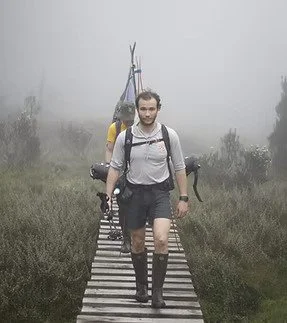
Florian Knollmann
PRESIDENT & CO-FOUNDER
-

Morgan Long
DIRECTOR OF OPERATIONS
-

Max Eihausen
PROJECT SPECIALIST
-
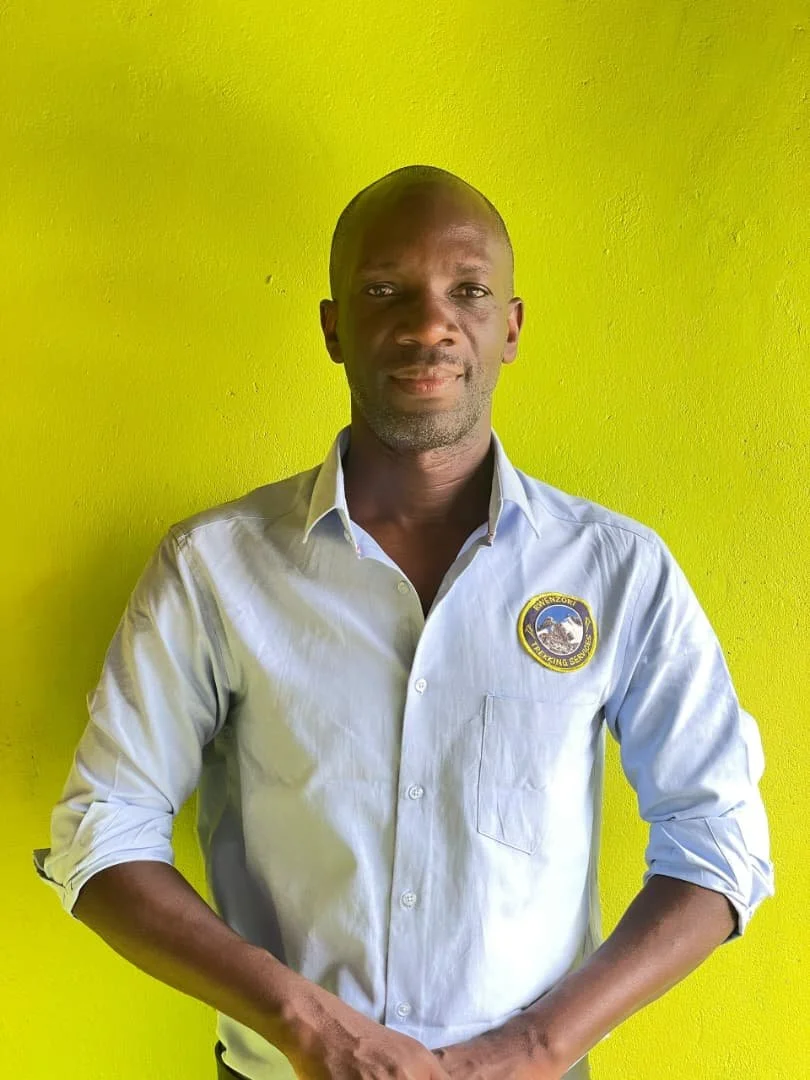
Brian Kibalama
UGANDA OPERATIONS DIRECTOR
-
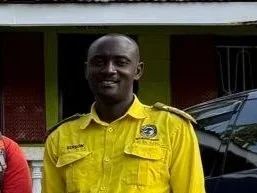
Edison Kule
LOCAL TEAM LEADER
-

Dr. Sarah Ivory
RESEARCH AND EDUCATION COORDINATOR
-
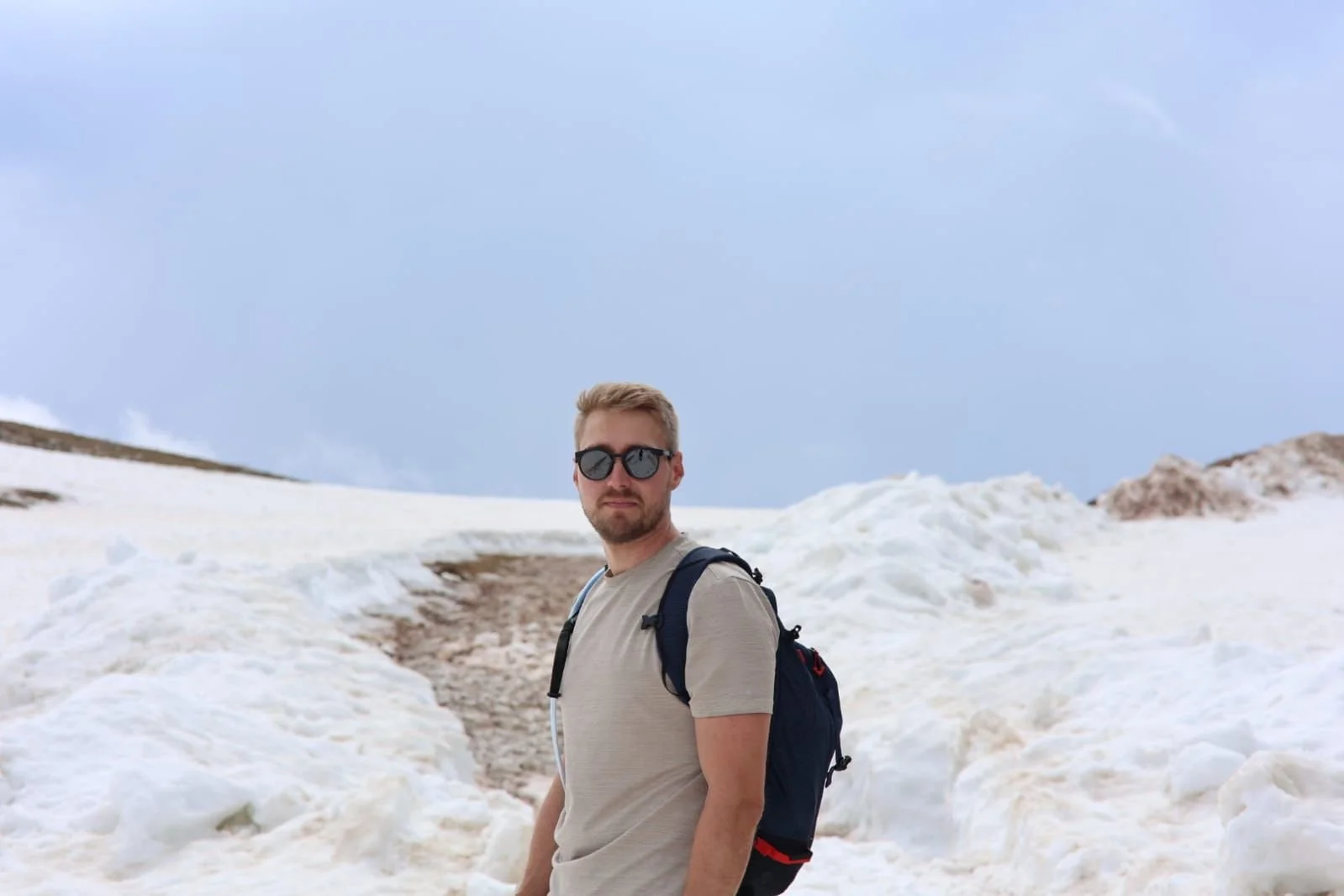
Domagoj Hart
DIRECTOR OF GLOBAL STRATEGY
-
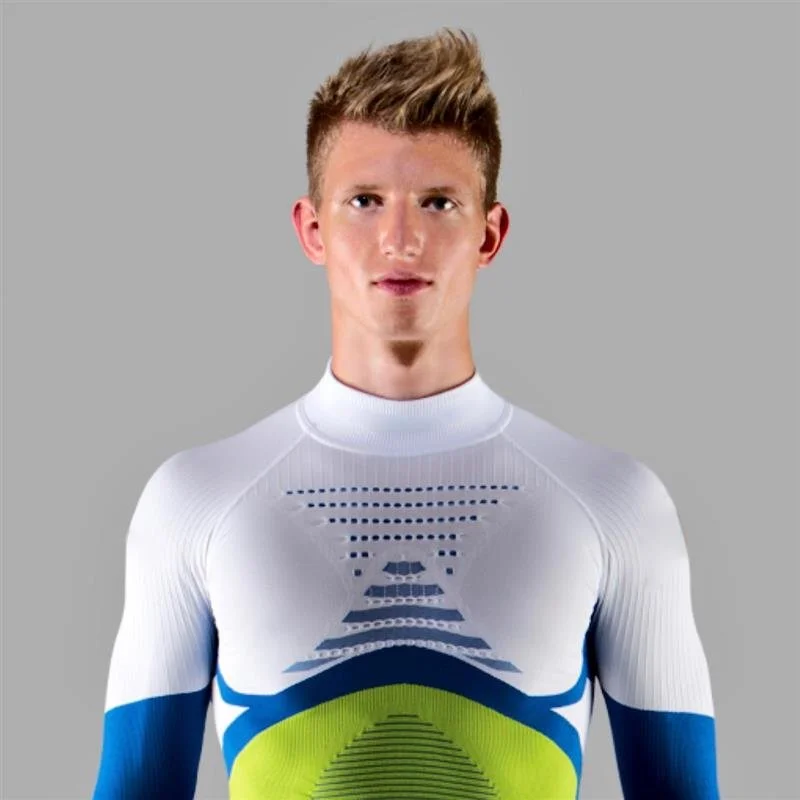
Klemen Kosi
CO-FOUNDER & CHIEF BRAND AMBASSADOR
-
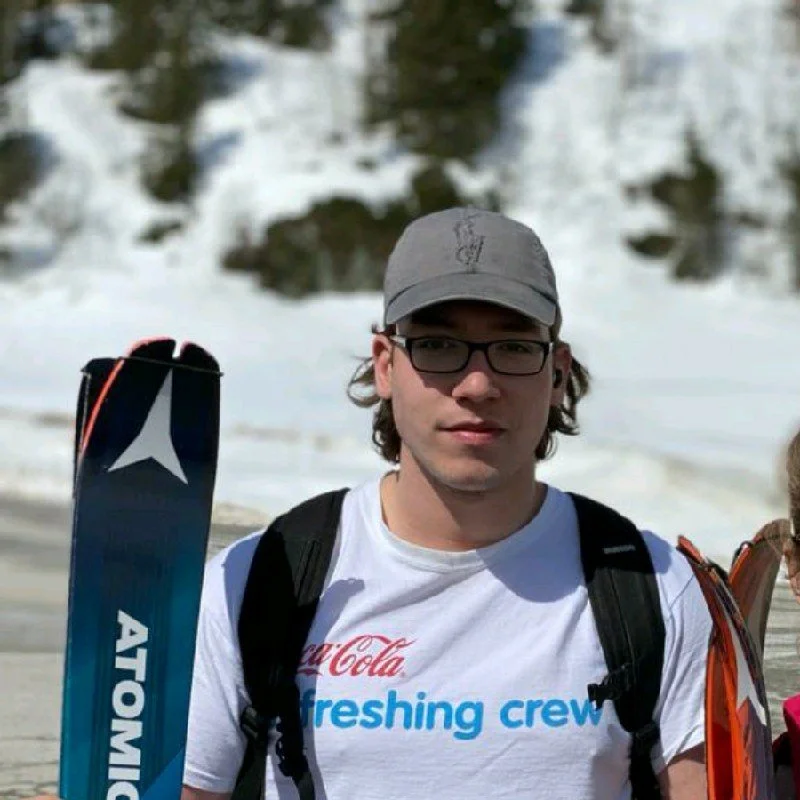
Paul Riener
CO-FOUNDER
-
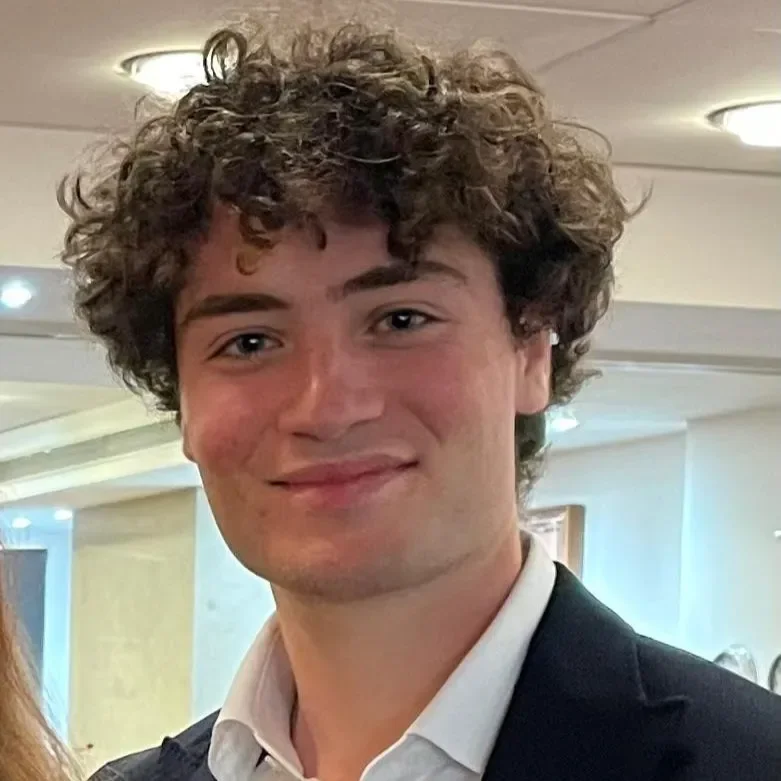
Max Tuana
CREATIVE DIRECTOR
Meet our Board
-

Dr. Anne Dix
MEMBER
Dr. Anne Dix is a seasoned U.S. Foreign Service officer with over 25 years of experience in international development and environmental conservation. She has led programs across Africa, Asia, and the Americas, focusing on community-led development and natural resource management. Formerly USAID’s Country Representative in Botswana and Director of its largest public diplomacy program, Anne holds a Ph.D. in Ecology and is passionate about protecting unique ecosystems like the Rwenzori Mountains. Her expertise supports Ski Club Uganda’s mission to blend adventure with environmental and community impact.
-
John Porter
MEMBER
John Porter is the retired Vice President of Baptist Health Care in Pensacola, Florida. During his tenure, he played a key role in community outreach and charitable initiatives, including leading efforts to donate equipment and supplies from the former Baptist Hospital campus to local and international nonprofit organizations. John is recognized for his commitment to service and for fostering partnerships that improve lives both locally and abroad.
-
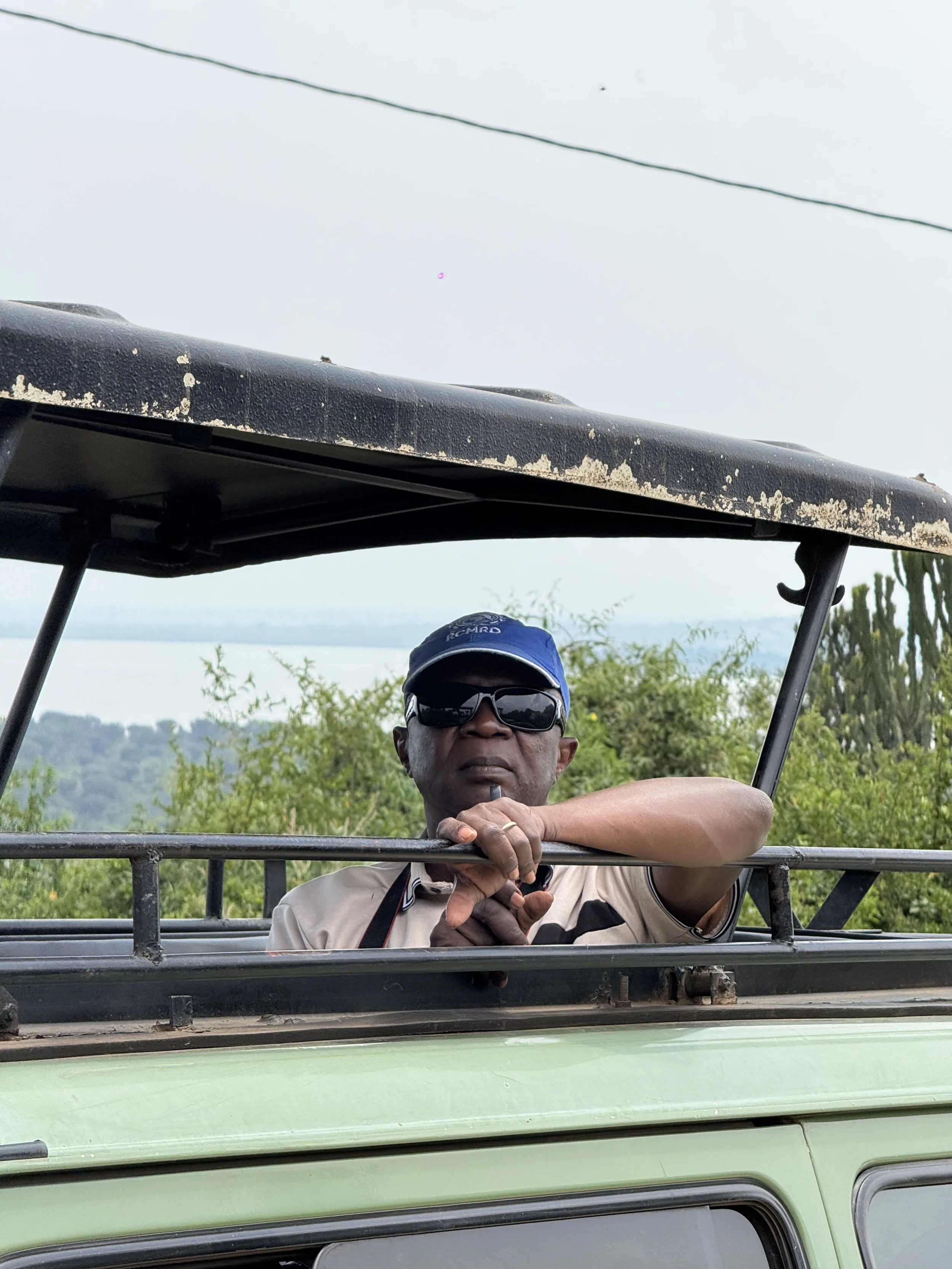
Dr. Bob Nakileza
MEMBER
Dr. Bob Nakileza is a senior lecturer and environmental geographer with expertise in environmental management, geography, geoinformatics, and climate sciences. He has coordinated the Mountain Resource Centre since 1996, promoting mountain research and education in the region. Dr. Nakileza is published on mountain-related issues and actively involved with the Mountain Partnership and Mountain Research Institute. He also serves on the coordination committee of the Commission for Mountains Society of the International Geographical Society.
